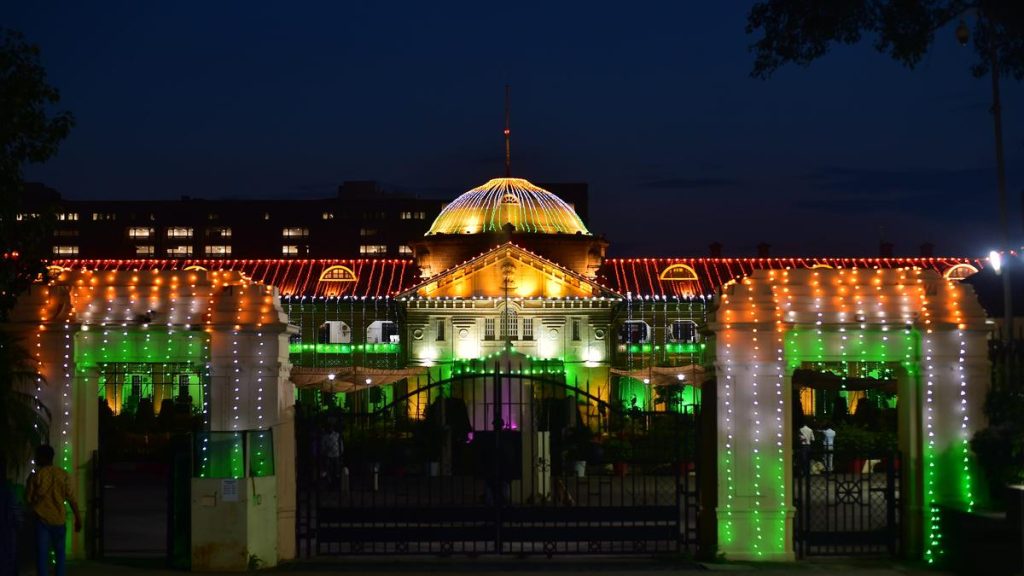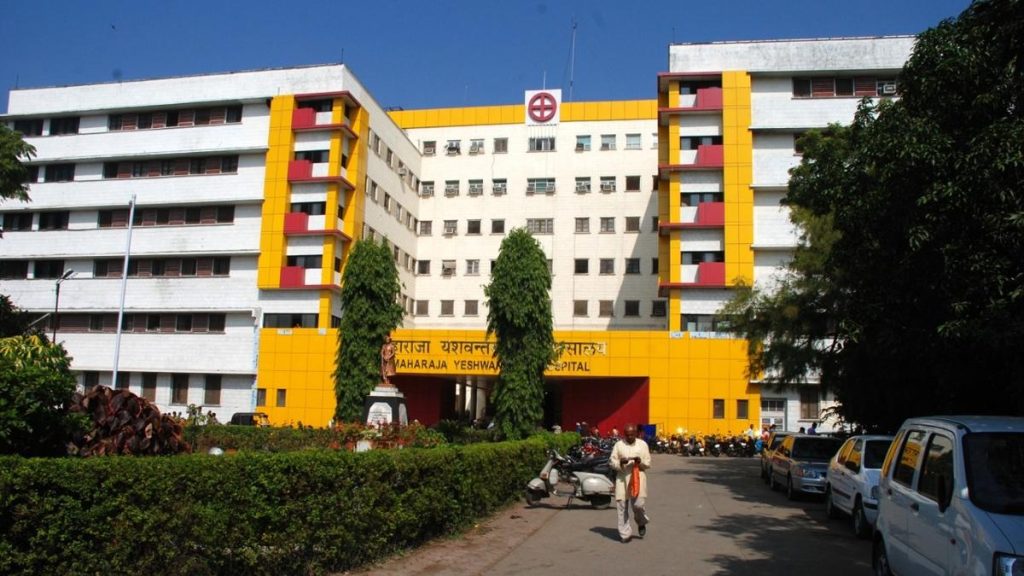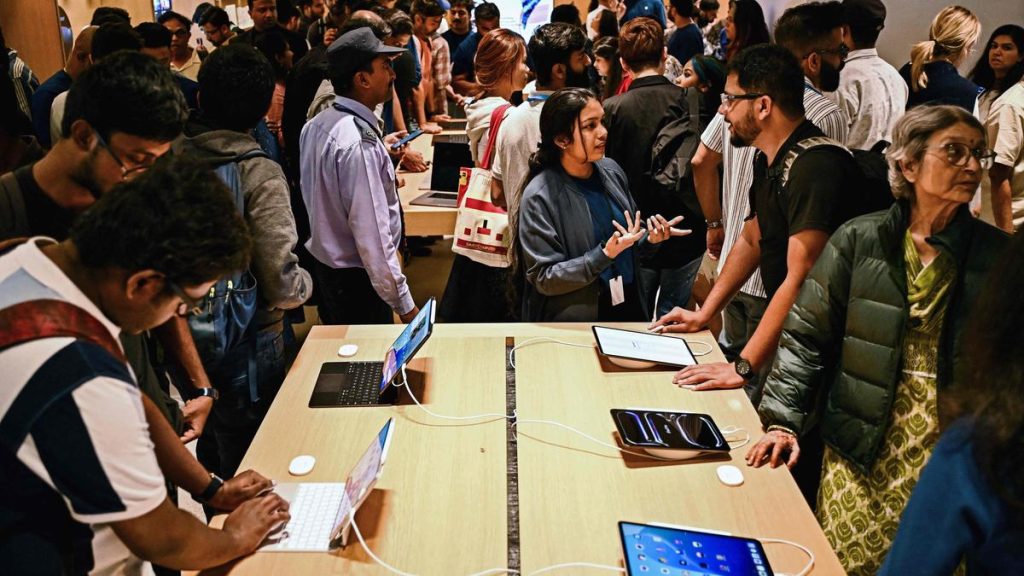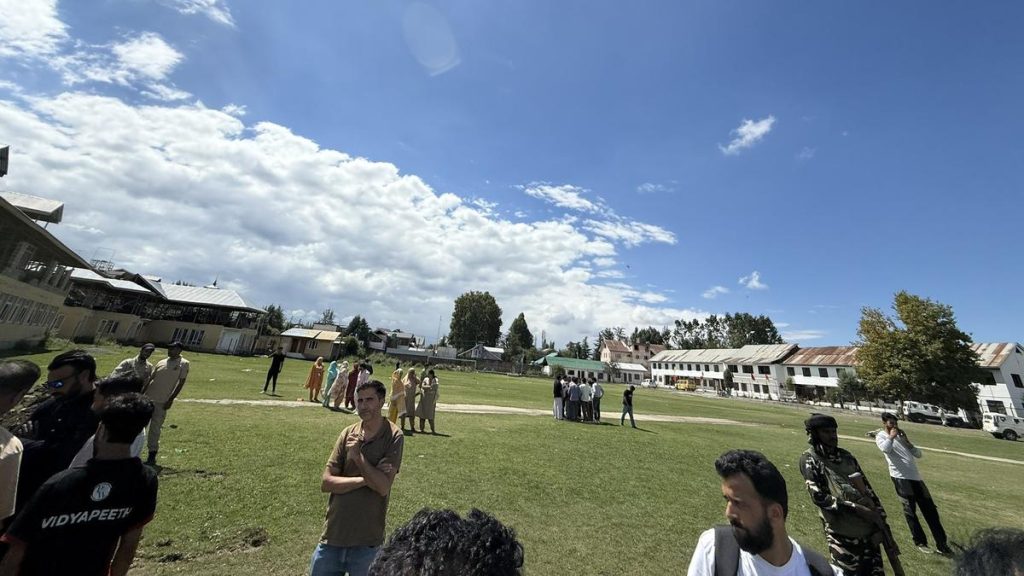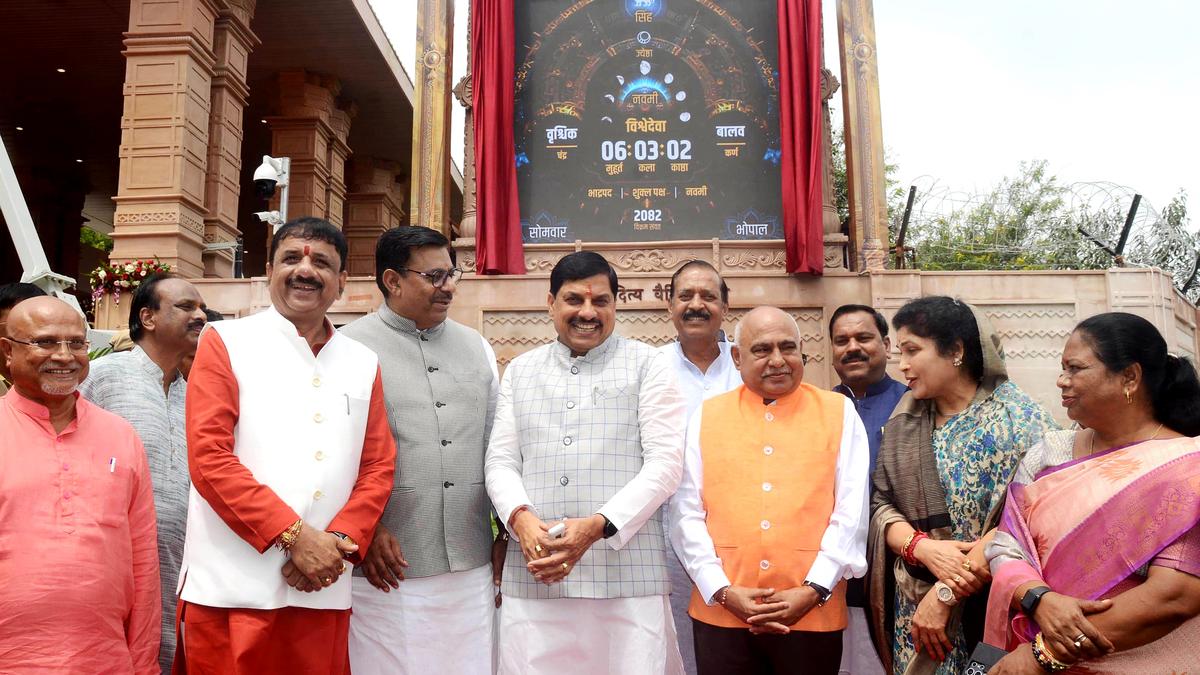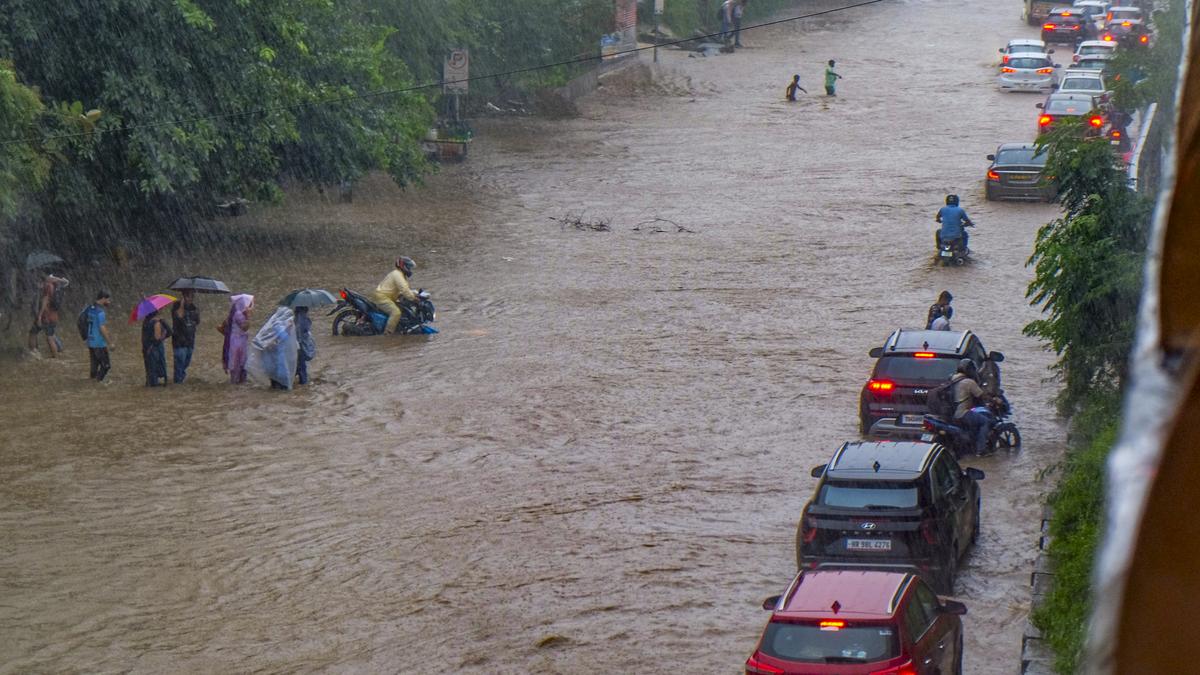Now Reading: Bengaluru’s UAS-B Mandates AI and ML Courses for Agriculture Students
-
01
Bengaluru’s UAS-B Mandates AI and ML Courses for Agriculture Students
Bengaluru’s UAS-B Mandates AI and ML Courses for Agriculture Students
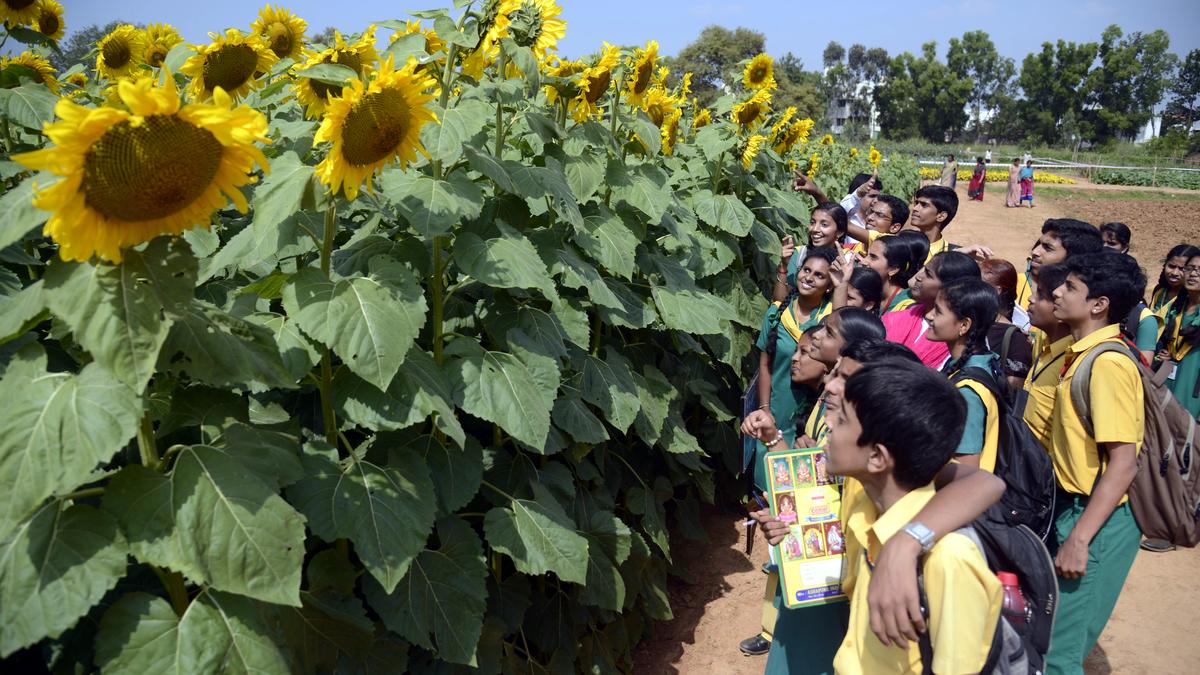
Quick Summary
- Mandatory AI & ML Programmes: university of Agricultural sciences-Bangalore (UAS-B) will mandate Artificial intelligence (AI) and Machine Learning (ML) courses for all undergraduate and postgraduate agriculture students starting from the 2025-26 academic year.
- New Departments Established: UAS-B has initiated AI and ML departments, including a focus on data mining, within its campus.
- Collaboration with Samsung: A Memorandum of Understanding (MoU) was signed with Samsung to implement AI and ML programs for M.Sc Agriculture students, funded through the company’s Corporate Social Obligation (CSR).
- Training Details:
– Postgraduate program includes an 80-hour AI course extended to a 300-hour ML course.
– Final-year undergraduate students will undergo ‘Hands-on Training’ under six modules, including one compulsory module on AI.
- Compulsory Non Gradial Courses Introduced: Starting in the second semester this year, first-year B.Sc Agriculture students must complete non-gradial courses in AI. These courses are mandatory but do not affect marksheets; satisfactory certificates are issued upon completion.
- Faculty Challenges & solutions:
– Lack of expert faculty addressed by partnerships with three reputed engineering colleges.- Focus is placed on applications in agricultural processes like disease management, post-harvest handling, water conservation, drone operations for agriculture, etc., adapting technology developed by engineers.
Indian Opinion Analysis
The decision to integrate Artificial Intelligence and Machine Learning into agricultural education marks a progressive step toward modernizing India’s agriculture sector. By equipping future agronomists with knowledge about technological applications like data analysis and precision farming tools such as drones or disease diagnostics powered by machine learning algorithms, UAS-B is aligning education with emerging industry needs.
The collaboration with Samsung leverages CSR funding effectively while addressing resource gaps such as faculty expertise. However, ensuring uniformity across other state universities may pose challenges since syllabi remain standardized nationwide outside these compulsory ‘Non Gradial’ courses.
Scaling this initiative successfully could enhance productivity across India’s largely conventional agricultural domain. It signals an important shift towards fostering innovation using technology that can address critical concerns like food security and sustainable farming practices in India’s agrarian economy.Read more


